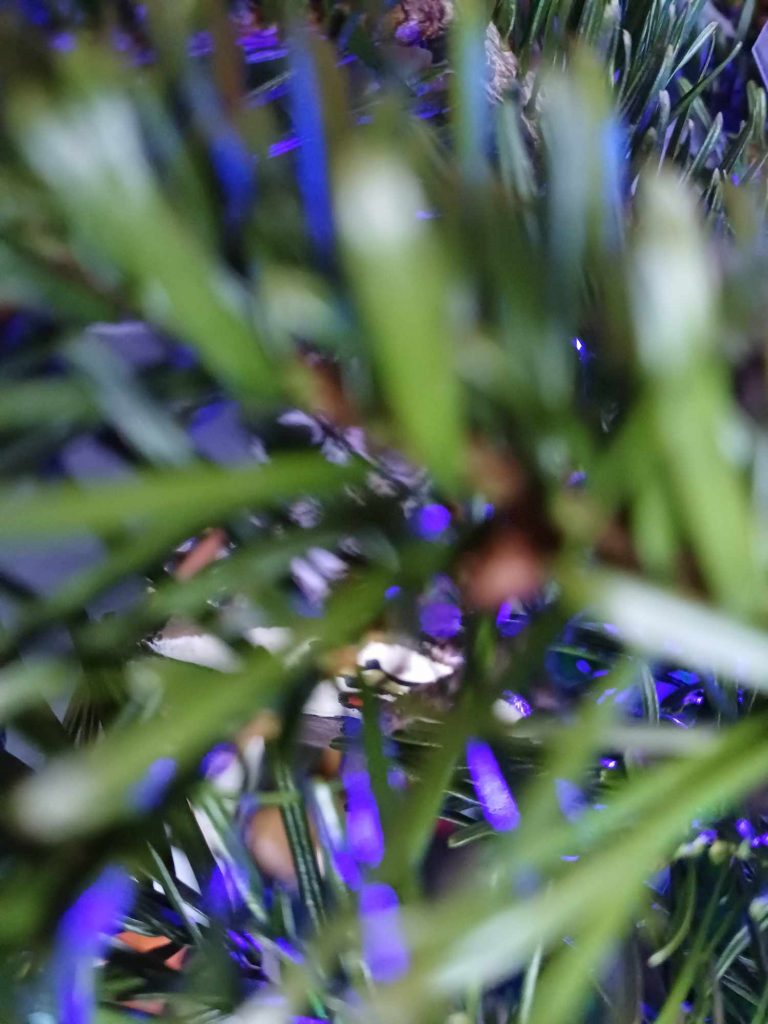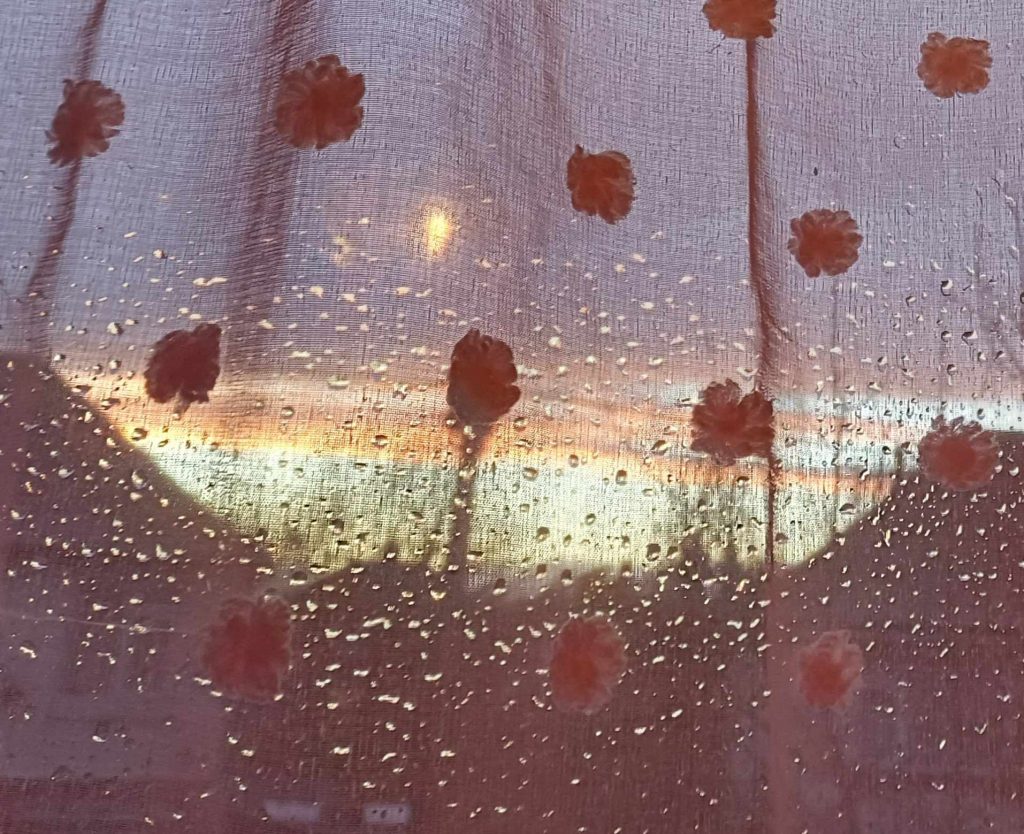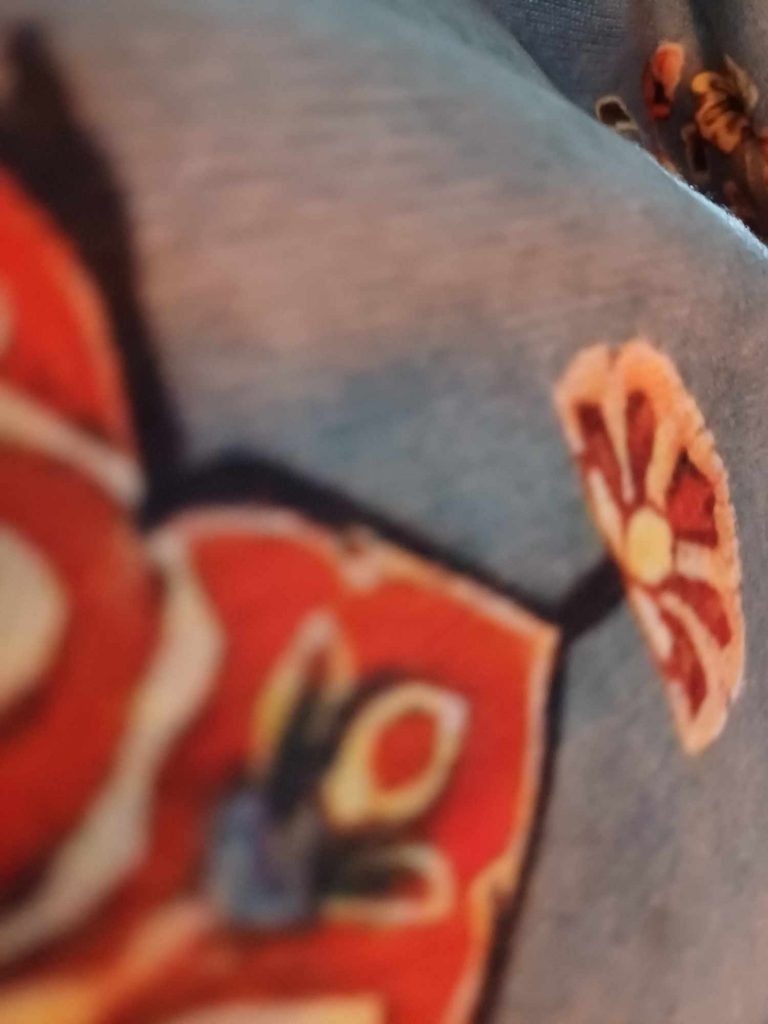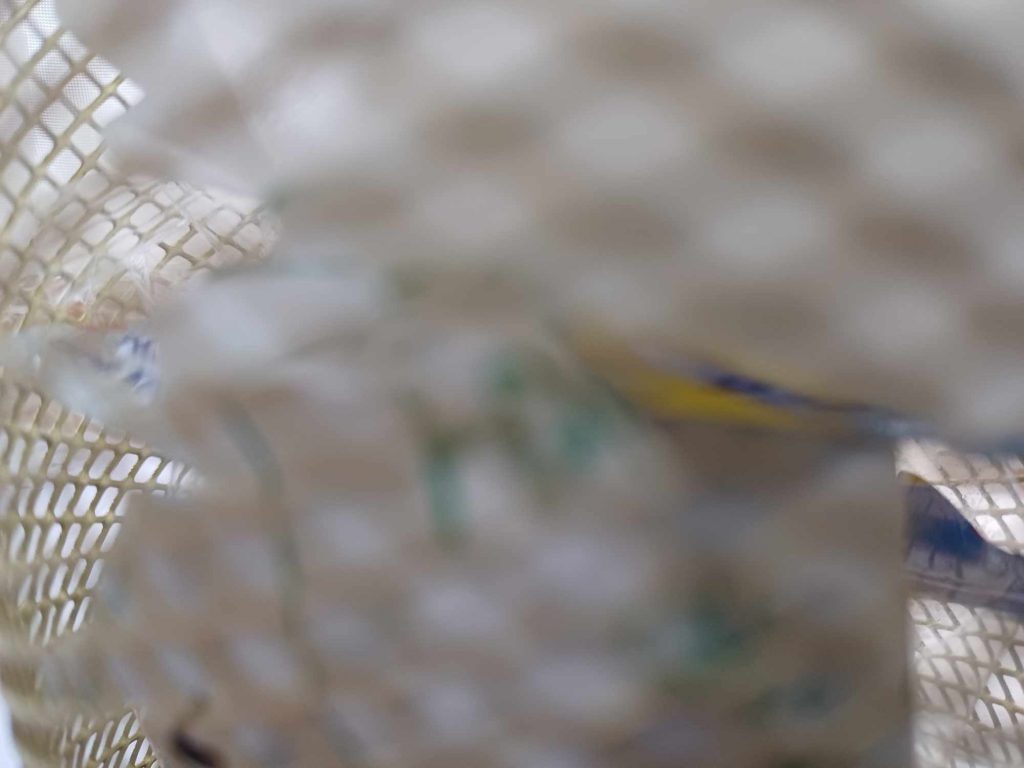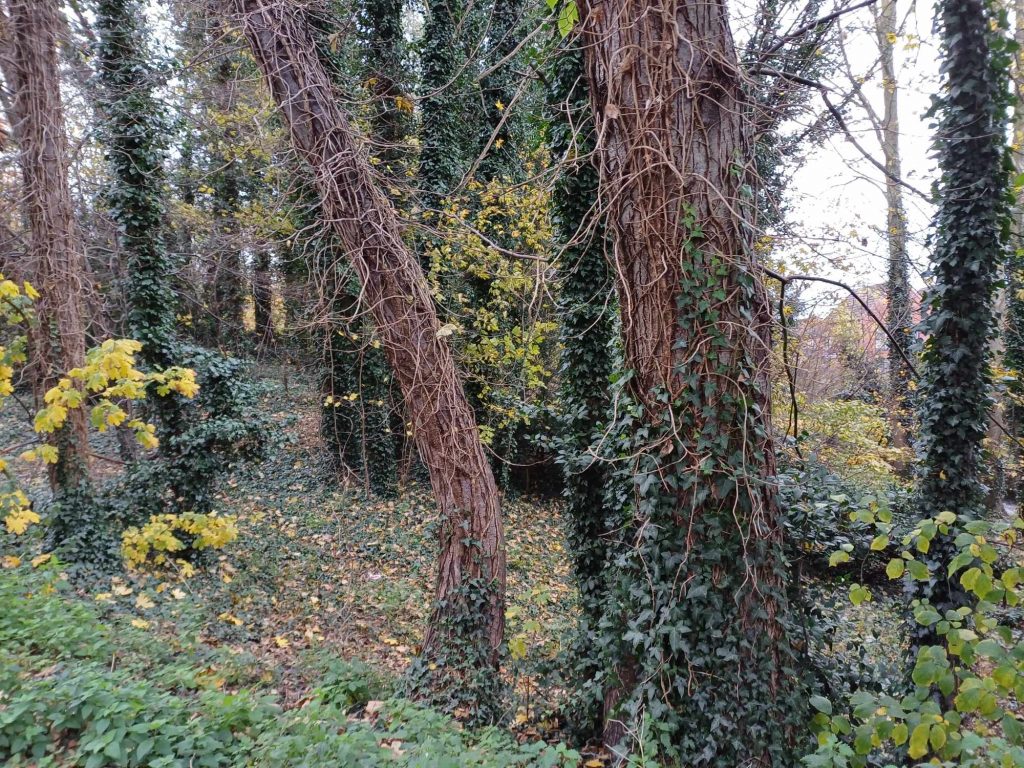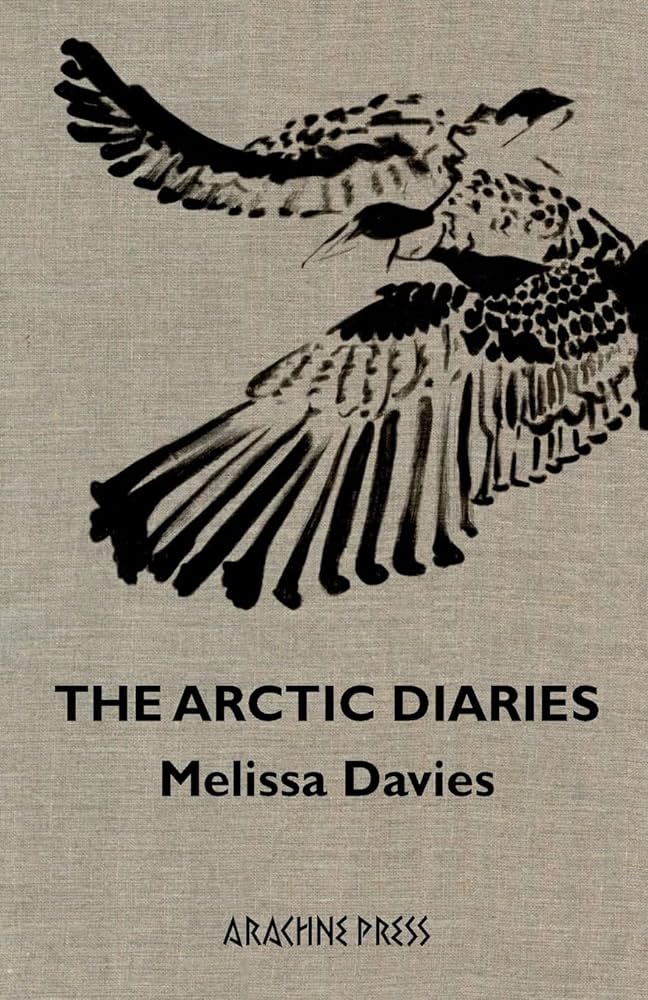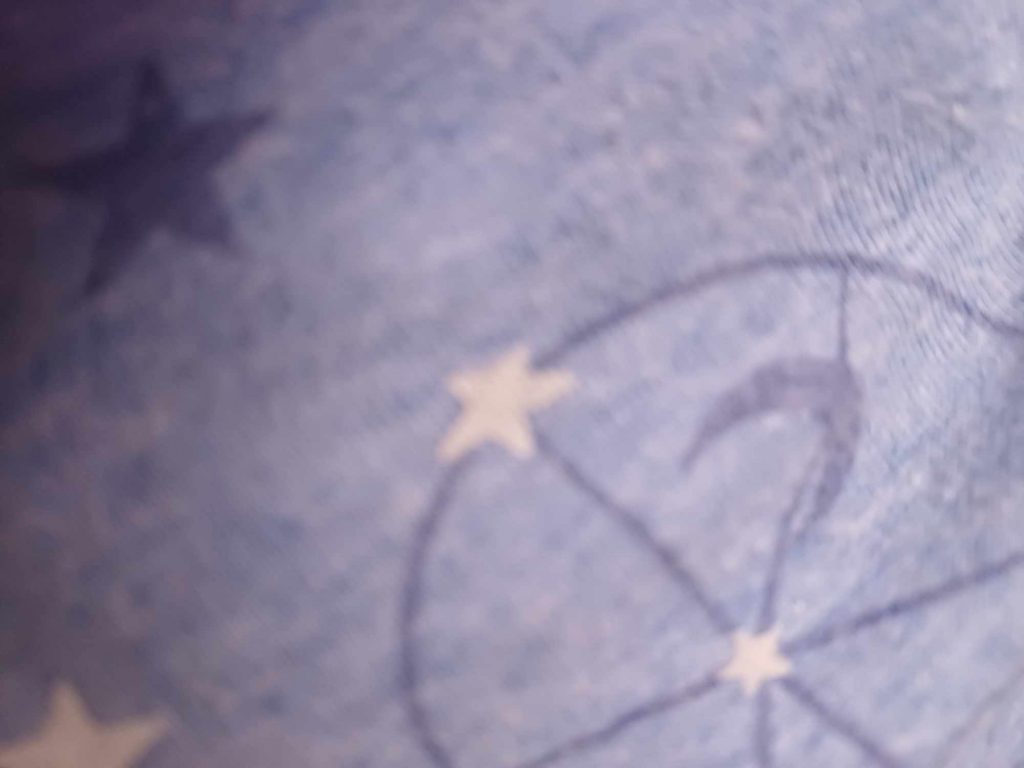
Like Wile E Odysseus
When you put on your mask
your glasses fog up
as your nose exhales
all that super-saturated air
and the world acquires a halo
putting Homer’s
early-born and rosy-fingered dawn
to shame
but you cannot see
pulling off the mask solves that
the areola fades
the world sharpens
it is still beautiful
but with risks
Sirens still call your name at Hooters
Scylla and Charybdis whisper in one ear to sell
that stock you bought last week
and to buy more of it in the other
nothing has changed much
risk is everywhere
mask or no mask
antibody or no antibody
take your pick
be like Wile E Coyote
that manhole at your feet may be
a figment of your imagination
or maybe
your gateway to the netherworld
This Could Be Enormous
I’m not saying we have to be exact
what I’m saying is
try to be accurate within certain limits
I mean
how thorough are they?
they’re going to give this the once over
they’re not fact-checkers
or CPA’s
they are bean counters
and you know how they think
it’s all about the head bean counter
and as we all know
he knows nothing
except what is whispered to him
when the lights go out
this could be the next big thing
if we don’t blow it
there is no such thing as a
national average
even they know that
but they are stuck with their
protocols
the only one we have
is to make it look good on paper
now, here’s a ream of Grade 3
put your mark on it
and do us all a favour
don’t look back
Short Story
Eternity
long as it may seem
is like a short story
Beginning, middle & end
conflict, struggle and resolution
Guy de Maupassant
could have written it
In the Beginning
there was just Him
with all this time on His hands
He wasn’t lonely
but He fretted a lot about
His omnipotence and
what to do with it
a lot of it had to do with
miniscule details
what atoms He favoured
the chemical structure of hydrocarbons
and He kept wondering which one
would work out the best
although He should have known
this went on a long time
in geologic time yes it is
pretty lengthy
but in story-telling time
only a third of the whole
the conflict was His alone
that probably made Him grumpy
as there was no one
to blame
yet
Then He made up his mind
Bang!
Which was nothing but a diversion
designed to rid the universe of
the Evil One
and it didn’t work
He thought it might
but deep down knew better
and the Evil One prospered
due to us
after all
we had the common bond
of both being kicked out of somewhere
so we all struggled
and He fretted some more
having underestimated
our cleverness our intransigence
and our insatiable lusts
and watched as His plans
headed downhill
Finally things will get resolved
we aren’t there yet
but He, having whipped out His
slide rule
sees that about 15% of us
actually followed His rules
and the rest of us
are like Pop-Tarts in this
huge toaster
cursing
part of the resolution
is what they call the
denoument
the outcome of a doubtful series of occurrences
which now leads to sadness
and this is where He finds the culprit
and says:
‘I knew it was carbon all along’
Paul Smith is a civil engineer who has worked in the construction racket for many years. He has travelled all over the place and met lots of people from all walks of life. Some have enriched his life. Others made him wish he or they were all dead. He likes writing poetry and fiction. He also likes Newcastle Brown Ale. If you see him, buy him one. He is a featured poet at Mad Swirl.



